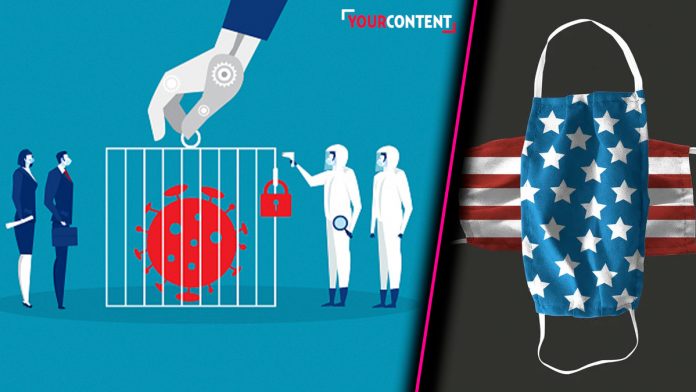We’re forced, suddenly, to make explicit what we do all the time – make cost-benefit decisions about how to allocate scarce resources. Economists call such choices decisions about marginal utility. What value do we get for the next dollar we spend? What do we forego by spending that dollar on one thing rather than another?
Everyone does this. All the time.
We call it rationing when medical resources are insufficient to meet the demand for care. Physicians make decisions about who should get scarce care. In wartime, that’s called triage. Sure, in an ideal world, a world of unlimited resources, each soldier would get all the care necessary to enhance the chances of survival. But resources are rarely unlimited.
As we brace for the COVID-19 pandemic, we’re talking publicly about rationing.
We don’t just ration, or allocate, scarce resources in medical care.
We’re having a semi-coded discussion about prisoners just now. Should we release them all before the COVID-19 roars through a prison?
If not all, then what subset of prisoners? Who decides? Based on what principles?
What we ration in this case are life chances. To those we choose to release, we arguably give an enhanced chance of survival. To those we refuse to release, we give a lesser chance of survival.
Yes, there are differences between access to medical treatment and life chances for prisoners.
In an affluent society, letting someone die because we lack adequate medical supplies feels wrong, scandalous even. Refusing to release to the community a violent offender who shows no regard for society doesn’t feel the same.
Distinguishing these two classes of rationing sheds light on our values. We weight, in the allocation of resources and life chances, a vision of what kind of society we choose to live in. We want access to quality care for all; we also want all to be protected from predators who show no regard for others.
What then of the lockdowns, the shuttering of the economy? Is that a wise allocation of our resources?
Physicians say it is. It flattens the curve, after all.
But what is the cost of that in terms of the quality of life for all? Does there come a point in which there are diminishing returns for maximizing the fight against the spread of the virus?
When President Trump suggests as much, he is accused of putting the stock market about the welfare of the common man.
This is political tripe. Remember, we all make calls about marginal utility all the time.
I was relieved this week to see the cover piece in “The Economist” frankly discuss whether the “the cost of distancing might outweigh the benefits.” Yes, in a pandemic, many become ill, and some die. But the overwhelming majority of folks survive. And survival requires jobs, education, production of good and services, and institutions capable of making it possible for all of to live together. We’ve shuttered the country to satisfy New York Governor Mario Cuomo’s mandate – saving every possible life at any possible cost.
That’s less adult good sense than Sunday school ethics.
In 1665, a plague roared through London, killing 20 percent of the population; as many as 7,000 Londoners died a week, when the plague was at its height. Those ill were quarantined, forced to remain in their homes. But the city went about its business as best it could.
And it survived.
Of course, London didn’t have the Internet, or CNN. It lacked the ability to stoke mass hysteria 24 hours a day, seven days a week. There was fear aplenty, as Daniel DeFoe so aptly recounts in his “A Journal of the Plague Year.” But death was understood as a part of life.
I’ll sit sequestered in my home awhile longer. I’ll take a federal loan to help pay my employees. With luck, stimulus checks will arrive in homes soon enough to maintain order and prevent looting. But how long will this holding pattern obtain? And how long will it take us to repay the debt we now assume?
“Life is strife,” Theodore Roosevelt once said. It is risky, too. No one gets out of here alive. At some point, we’ll have to face our fears and return to the business of living.
Stay with Your Content for the latest updates. Have a story or news tip? Contact our 24/7 newsroom at 833.336.8013 or e-mail our tip line: [email protected]


